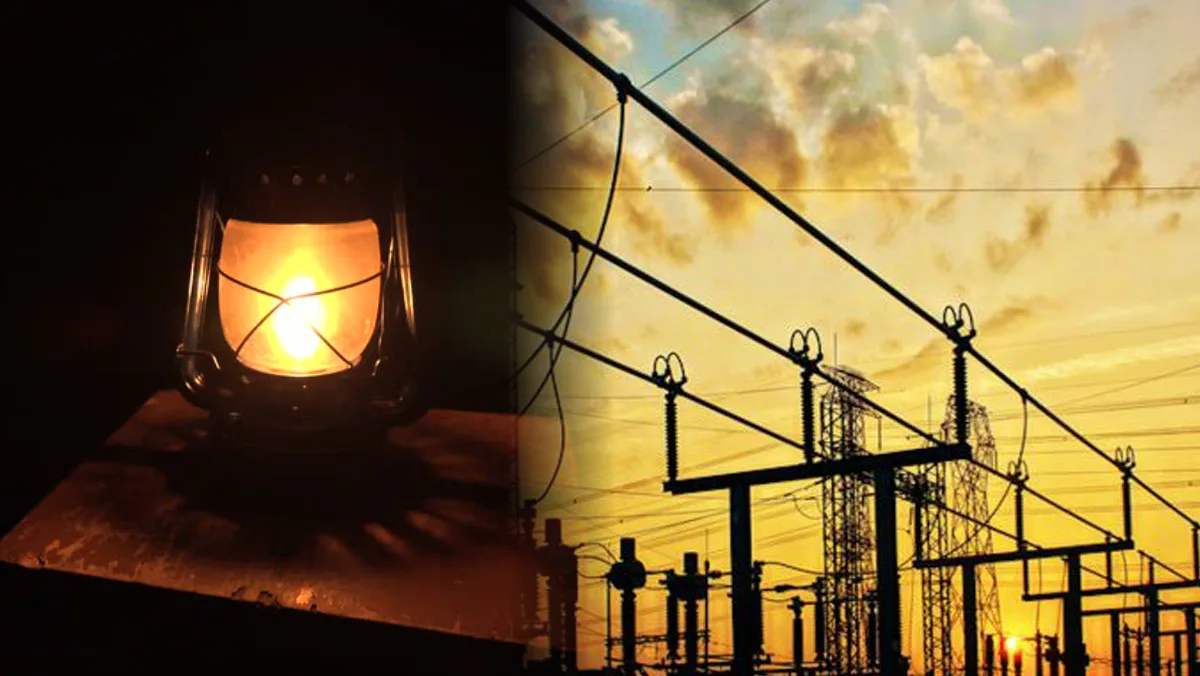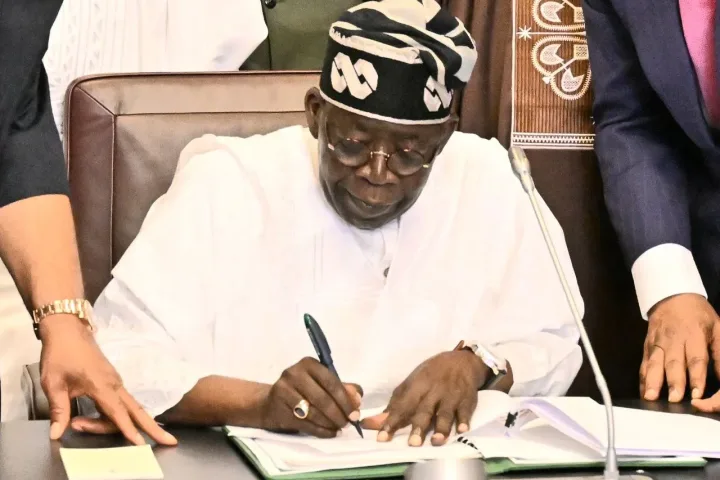National Grid: A Power Struggle or Systemic Failure?
The recent spate of collapses in Nigeria’s National Grid has once again plunged the nation into darkness, leaving both residents and businesses scrambling for alternatives. Over the course of just one week, Nigerians faced multiple blackouts, with millions going without electricity for extended periods.
The national grid has collapsed for the third time in less than a week, plunging the nation into a major blackout.
Join our WhatsApp ChannelThe grid, which has experienced significant disruptions over the past few days, was restored just two days ago before suffering another collapse on Saturday.The frequency of these power outages begs the question: Is the National Grid on the brink of total collapse?
A power sector analyst, Habu Sadiek, shed some light on why the grid keeps failing. He explained, “The National Grid is essentially an interconnection of high transmission cables spread across the country. It operates within specific limits. Any significant deviation in these limits—whether in voltage, current, or frequency—can cause the grid to become unstable, leading to a collapse.”
The complexity of the National Grid and its frequent failures have become a growing concern, with many asking if Nigeria is merely running on power fumes.
The Science Behind the National Grid
To understand why the National Grid collapses, it’s essential to comprehend how it works. A power grid is a vast network that connects generating stations to consumers. In Nigeria, the grid operates based on a balance of electricity demand and supply. The grid’s frequency, which is measured in hertz (Hz), is a critical indicator of this balance.
“The grid operates ideally at 50Hz,” Sadiek explained. “If we are generating 4000MWh of electricity and consumers are using exactly that amount, the frequency stays at 50Hz. But if demand exceeds supply, the frequency drops below 50Hz, signalling an unstable grid. On the flip side, if supply exceeds demand, the frequency shoots above 50Hz, which can also destabilise the system.”
Sadiek likened this process to using a small generator, commonly referred to as I -better-pass-my-neighbour, to power multiple heavy appliances. “If you try to run a 2HP air conditioner and a microwave on a small generator, it will automatically shut down because it can’t handle the load,” he said. This, in essence, is what happens to the National Grid during a collapse.
Why Does the National Grid Collapse So Frequently?
Many factors contribute to the frequent collapse of Nigeria’s National Grid, and not all of them are technical. A significant cause is the imbalance between electricity supply and demand. In a country where electricity demand often outstrips supply, maintaining grid stability is a constant challenge.
READ ALSO: Darkness As National Grid Collapses Again
Sadiek elaborated: “The grid is set to operate within a designated frequency range of 48.75Hz to 51.25Hz. When demand suddenly spikes or supply is abruptly cut, it can create an imbalance that triggers a collapse.”
He pointed out a recent incident in 2022 when unionised workers from the Transmission Company of Nigeria (TCN) went on strike. “They switched off electricity in several regions without proper notice or load redistribution. This resulted in excess supply, with generators producing electricity that had nowhere to go. The system can’t handle redundancy, and as a result, the entire grid shut down,” Sadiek said.
The Role of TCN and DISCOs
The Transmission Company of Nigeria (TCN) plays a critical role in managing the National Grid, alongside the Distribution Companies (DISCOs). The TCN’s job is to balance supply and demand by directing DISCOs on how much electricity to distribute. But this process isn’t always smooth.
“When TCN instructs a DISCO to take 200MW of power, for example, they might later reduce that to 190MW if they notice a drop in demand,” Sadiek explained. “This adjustment is crucial to maintaining grid stability. But sometimes, if the DISCOs fail to respond quickly enough, or if a major repair is happening, it can lead to a collapse.”
Frequent adjustments, power cuts, and repairs have become the norm, but they don’t always prevent grid collapses. According to Sadiek, minor disruptions of 10-20MW are usually manageable, but more significant drops—like a sudden loss of 500MW—can cause the grid to collapse before the System Operator (S.O.) can intervene.
Can Technology Save the National Grid?
One of the solutions that could prevent frequent grid collapses is better technology. Supervisory Control and Data Acquisition (SCADA) systems can allow operators to respond to fluctuations faster, potentially averting a collapse.
“SCADA systems would give the System Operator the ability to act quickly and save the grid,” Sadiek said. “But we don’t have the full implementation of SCADA in Nigeria. Another option is to have a spinning reserve, which is extra capacity that can be deployed instantly when demand rises. But we barely have enough generation, let alone reserves.”
Without adequate generation capacity or modern monitoring systems, Nigeria’s National Grid remains vulnerable to frequent collapses. The process of restoring power, called a “black start,” can take hours, if not days, as the TCN gradually brings power plants back online and distributes electricity in phases.
Is There a Way Forward?
The constant cycle of grid collapses, restorations, and blackouts has left many Nigerians frustrated. While the National Grid is a complex system that requires constant balance, the frequent disruptions point to deeper issues within the country’s power sector.
“The truth is, Nigeria’s National Grid is on life support,” Sadiek remarked. “Until we invest in better technology and increase generation capacity, we will keep having these problems.”
Businesses that rely on a stable power supply have been hit the hardest. “Every time the grid collapses, we lose money. We’ve invested in backup generators, but it’s not sustainable,” said a business owner in Lagos. For many, the unreliable grid is no longer just an inconvenience but a barrier to growth and development.
As the government continues to grapple with the challenges of the National Grid, the question remains: how long can Nigeria keep running on power fumes?
Emmanuel Ochayi is a journalist. He is a graduate of the University of Lagos, School of first choice and the nations pride. Emmanuel is keen on exploring writing angles in different areas, including Business, climate change, politics, Education, and others.



















Follow Us